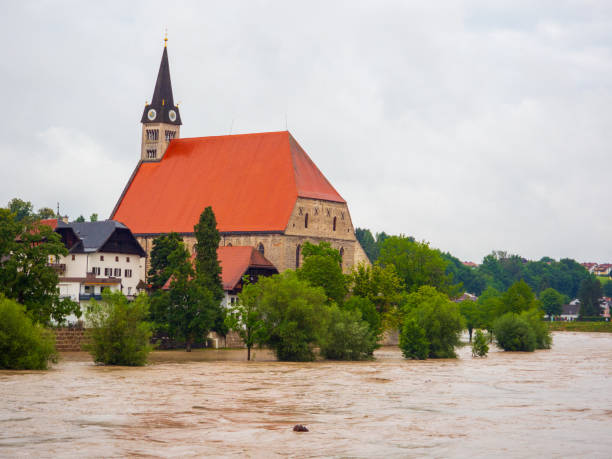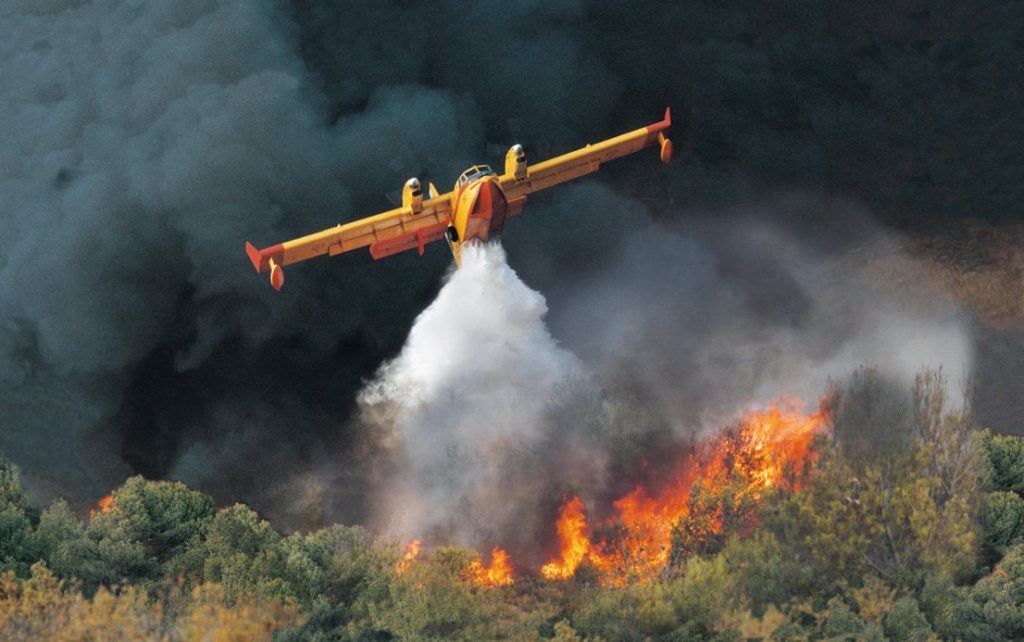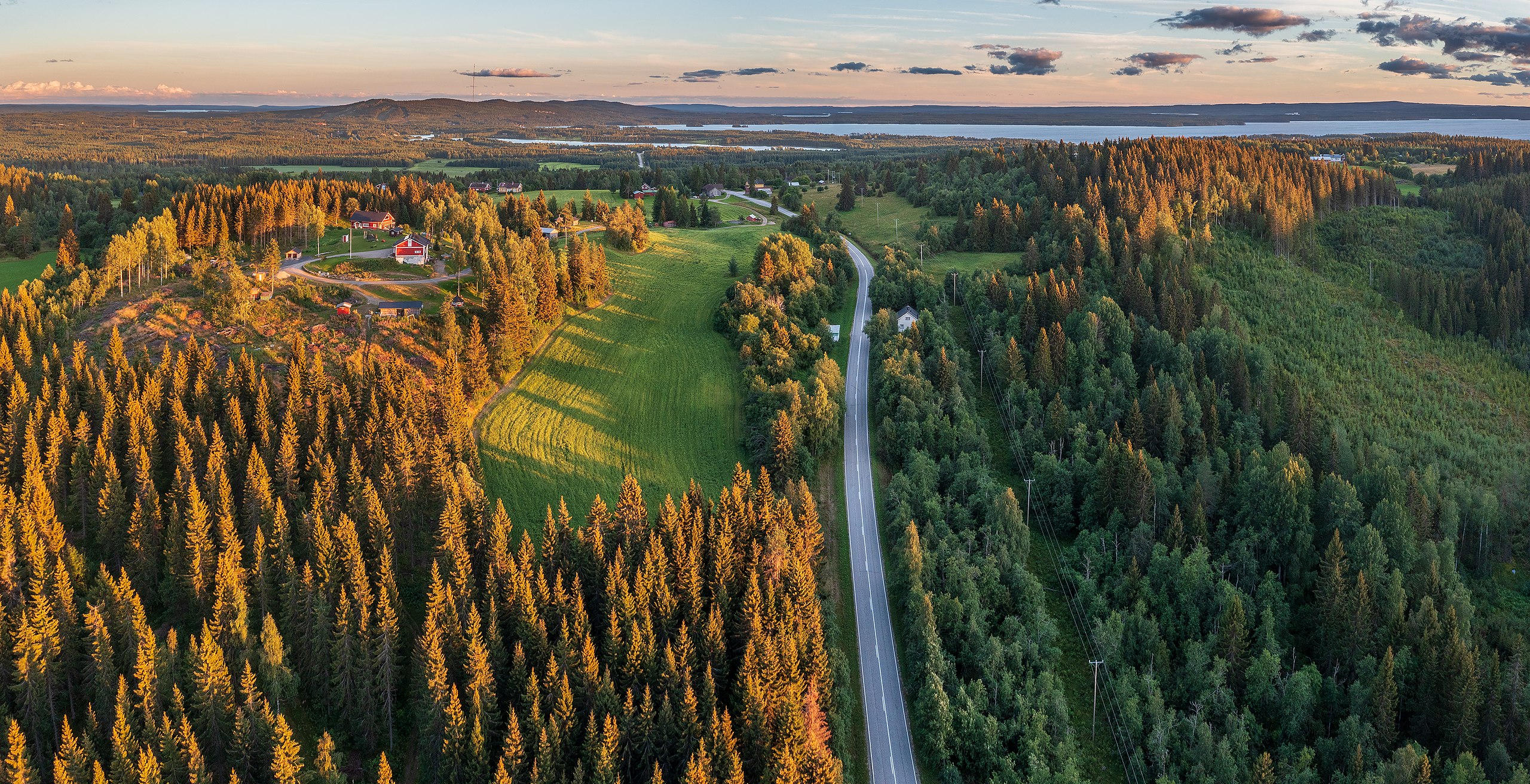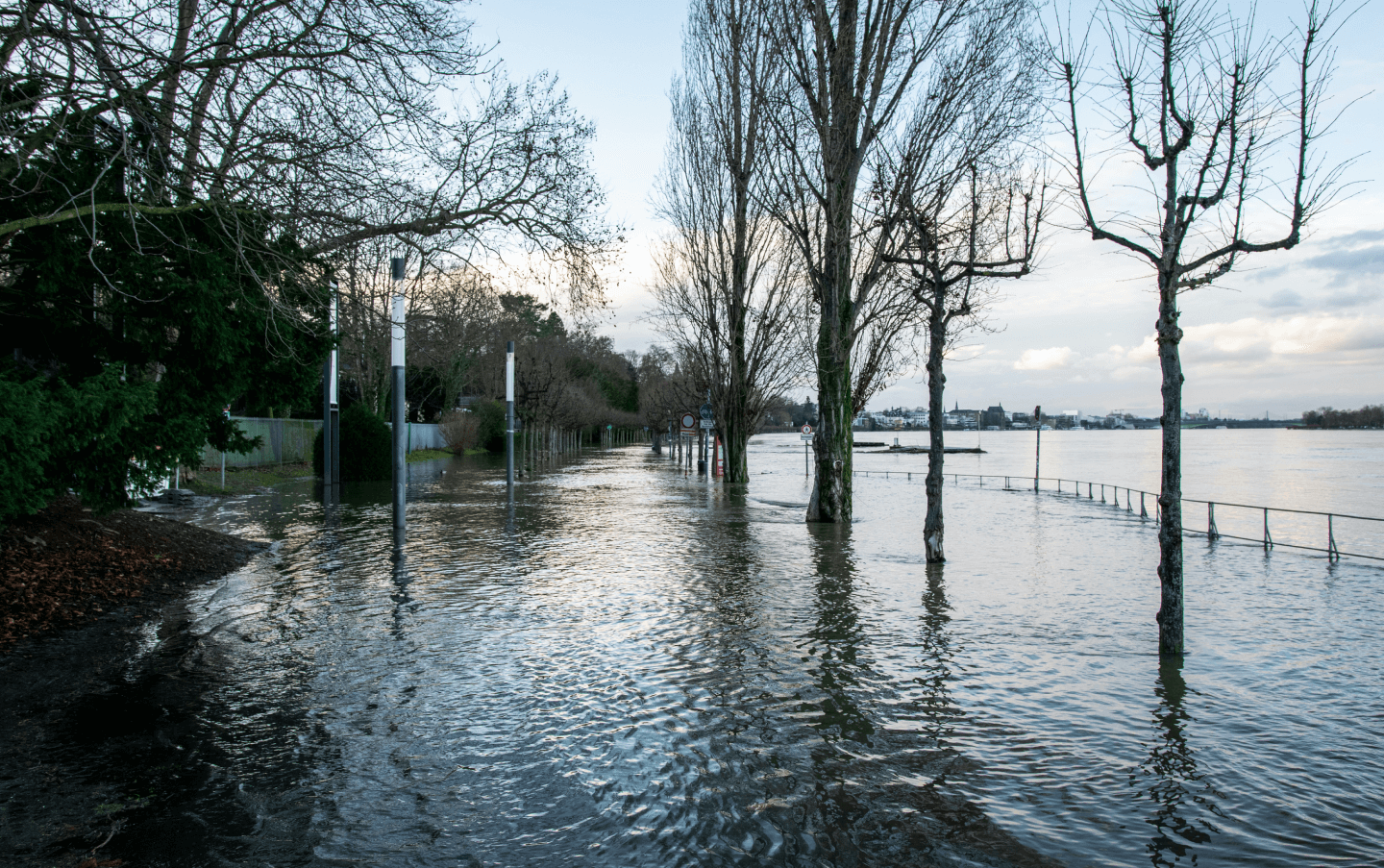Central-European Regional Floods (Germany)

TEMA is a four year long project funded by the European Union flagship research and Innovation programme Horizon Europe, under the call HORIZON-CL4-2022-DATA-01-01 “Methods for exploiting data and knowledge for extremely precise outcomes (analysis, prediction, decision support), reducing complexity and presenting insights in understandable way”.
The objectives of TEMA are specifically to:
The goal of TEMA is to deliver a technical solution that is supportive in disaster response and management by bringing situational data to relevant end-users, enabling transferability to tackle different disaster types in various geographic region thus providing the relevant information that can help make the best possible operative decisions. TEMA will provide a tool that:
It will allow human operators to understand complex Natural Disaster Management phenomena and easily evaluate alternative response strategies by a smart selection of platform parameters and by novel ways of combining heterogeneous (visual and non-visual) data and/or augmented reality.

TEMA will improve Natural Disaster Management by providing a state-of-the-art disaster management support system, dynamically exploiting multiple data sources and AI technologies for providing an accurate assessment of an evolving crisis situation.
TEMA solution, that will be able to provide predictions on the evolution of phenomena in (near) real time, will be useful to stakeholders like Civil Protection Agencies and First Responders for increase situational awareness for defining recommendations and guidelines to adopt when dealing with a complex emergency.





When a natural disaster occurs, the situation on-site can be quite chaotic and overwhelming, making it hard to understand for emergency responders. To react effectively, a detailed understanding of the situation on the ground is required, as it determines where resources and manpower are deployed. After events such as floods or earthquakes, traditional methods of information gathering and transportation are often hindered, e.g. by physical barriers or overwhelmed call centres.
